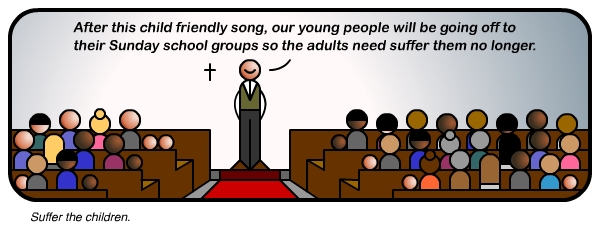I remember singing the chorus as a child , “My God is so Big, so strong and mighty there is nothing my god cannot do” and yet in advent this is not the god we are welcoming. Instead we welcome the small, the weak and the soft god.
Mankind and (some) womankind want to conquer the highest mountain, the moon, and achieve the greatest feat known to man / women. Yet, the depths of the sea have yet to be conquered, too much pressure!! Maybe we are fearful of the depths of the sea or of our psyche or inner being – maybe we are fearful of the dark and the monsters that we may find there. Maybe we are fearful or unwilling to face, listen to ‘the still small voice’ within. Many don’t want to STOP and listen to their inner fears, insecurities, longings or the inner voice of love deep within us.
So why do we fear the small part? Perhaps it is acknowledging the shame that resides deep inside, the shame that says you are worthless, not good enough, inadequate and small. Many of us can feel that we should / ought to be big, strong and sorted and yet sometimes inside we still feel like a little child. We feel weak, hurt, fearful and wounded. It is often said that Christmas is for children and indeed this season can often help us re-member childhood Christmas memories that may be sweet or for many may hold bitter memories. Our childhood still has such a strong hold on us!
So this advent, we wait for the baby Jesus who has no words.
He gives us his body to hold , to touch him, to feel him, to be with him, to look at him, to caress him, to stroke him, to feed him, to comfort him, – and that is enough. That is all he needs. (Research says that babies who are not touched can literally die) God invites us to hold him in his powerlessness, his weakness, his neediness, his poverty, his insecurity, his immaturity and his not knowing. He invites us to get out of our dualistic noisy, controlling and cool head and to enter into our body, listening to its silence, holding and being held, feeling and being felt and embracing the warmth it brings.
In holding his body he invites us to embrace the part of ourselves that we don’t like very much , and that we may learn that it is ok to feel small, needy, weak, powerless, insecure and not knowing.(many parents feel these feelings with new-born babies) Often to be held is our basic need and yet we live in a non-touch society and many can go through a day, week, and even a month without touching any-body.
Maybe the invitation of the incarnation is to allow ourselves to be touched and held.



